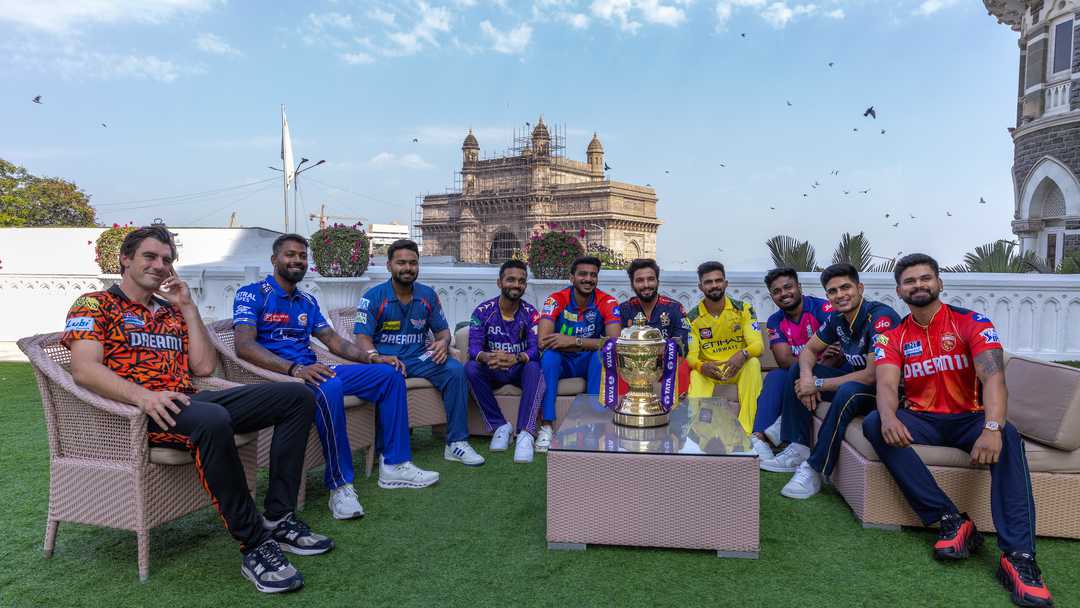
The (C) change
RCB head coach Andy Flower has confirmed Rajat Patidar as the ideal captaincy candidate for their coming season, citing his calmness, simplicity, empathy, and steeliness. This decision reflects a movement away from the traditional notion of picking a captain and building a team around him.
The Changing Landscape of T20 Captaincy
Teams are now considering alternative approaches to captaincy, with some opting for a more data-driven approach and others relying on instinct and experience. This shift is driven by the increasing use of data and analytics in the game, which can provide valuable insights but also raises questions about the role of the captain.
The Role of Data in Captaincy
Data can provide objective measures of a captain's performance, but it also has limitations. A win-loss record or titles won/lost do not take into account the strength of the team or the opposition, and can lead to inordinate credit and criticism for the captain.
The Importance of Human Instinct
While data can provide valuable insights, human instinct and experience are still essential in cricket. Coaches and captains need to be able to make instinctive calls in high-pressure situations, and relying solely on data can lead to a lack of nuance and creativity.
The Rise of Tactical Support
Many captains are now relying on tactical support from coaches and analysts to inform their decision-making. This can include receiving tips and advice during games, as well as using data and analytics to inform their strategy.
The Future of T20 Captaincy
The future of T20 captaincy is uncertain, but it is clear that the game is evolving rapidly. As franchises continue to navigate the challenges of the modern game, they will need to adapt and innovate in order to succeed.
The Importance of Team Functioning
Ultimately, the success of a team will depend on how well it functions as a unit. Whether a team is led by a seasoned veteran or a young and inexperienced captain, its ability to work together and make effective decisions will be crucial to its success.
The Role of Experience and Tradition
Experience and tradition will always play a role in cricket, but they must be balanced with innovation and adaptability. The recent appointments of new captains reflect a league that is unafraid to rethink tradition and try new approaches.
The Importance of Leadership
Leadership is at the heart of cricket, and the success of a team will depend on its ability to inspire and motivate its players. Whether a team is led by a seasoned veteran or a young and inexperienced captain, its ability to lead and inspire will be crucial to its success.
The Future of Cricket Leadership
The future of cricket leadership is uncertain, but it is clear that the game is evolving rapidly. As franchises continue to navigate the challenges of the modern game, they will need to adapt and innovate in order to succeed.



